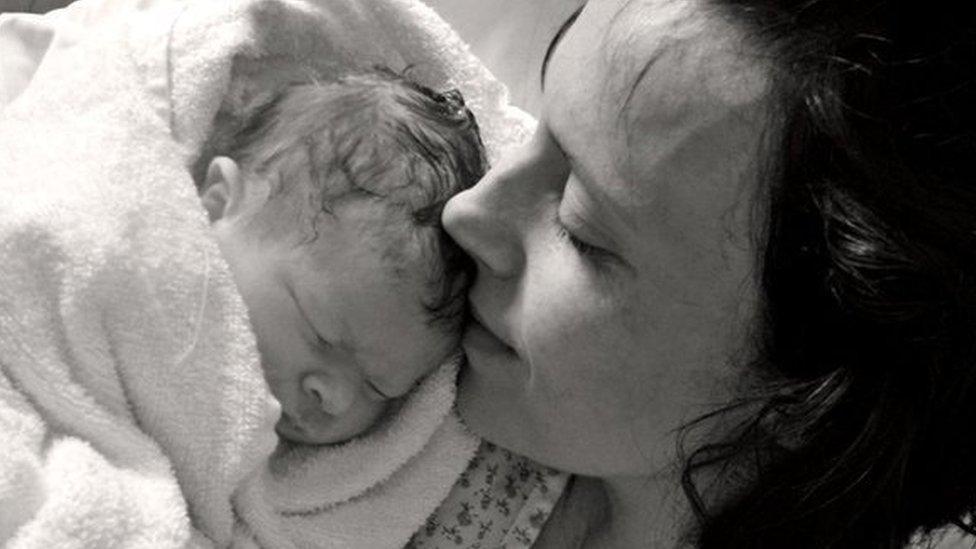Shropshire baby deaths hospitals 'normalise poor care'
- Published
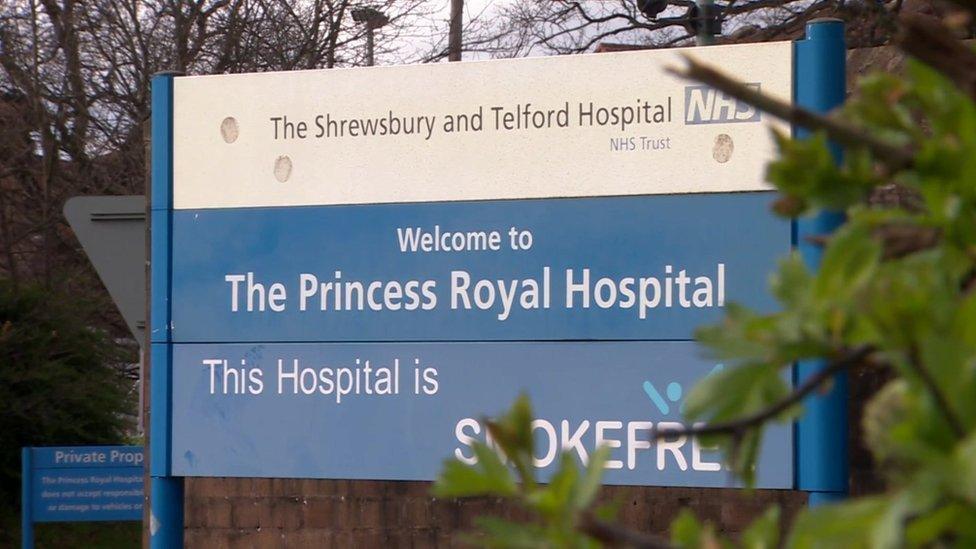
Fresh fears over safety at Shrewsbury and Telford Hospital Trust extend beyond maternity departments
A hospital trust facing a criminal inquiry over decades of baby deaths and other maternity fears is "normalising poor care" across departments, the chief inspector of hospitals said.
Ted Baker said some staff at Shrewsbury and Telford Hospitals Trust (SATH) were "at a loss" about addressing safety.
An independent inquiry is looking into about 1,500 cases of death or harm in maternity care dating to the 1990s.
SATH said it was working with NHS partners over improvements.
Earlier this month it emerged there was a police probe into the trust's maternity care.
Mr Baker's comments - not reserved for maternity and about alleged failings across wards - were reported in the Independent newspaper, external, which said he made them in a letter to NHS England's chief operating officer.
The letter has been confirmed by BBC social affairs correspondent Michael Buchanan.
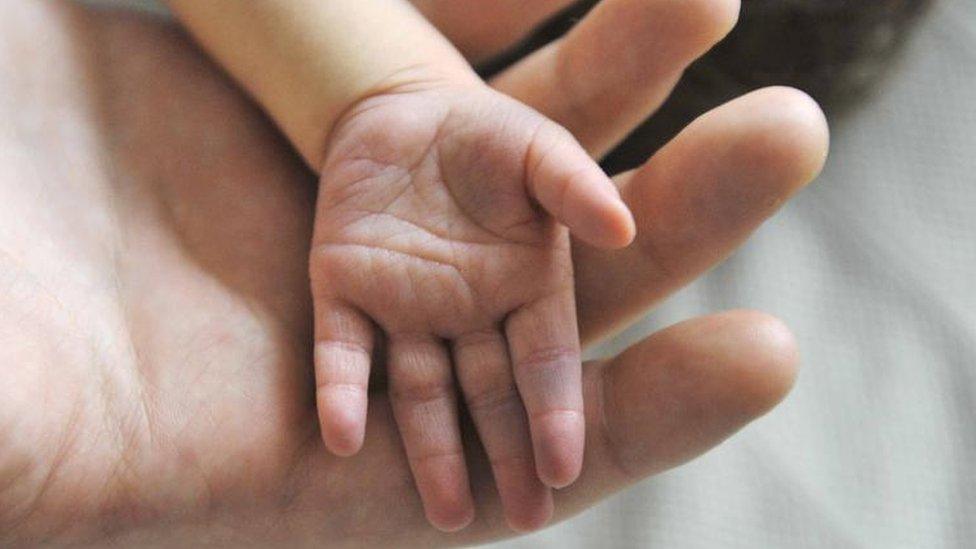
SATH, subject to two probes into baby deaths, has staff "at a loss" as to how to address safety issues, according to the chief inspector of hospitals
SATH runs Royal Shrewsbury Hospital and Telford's Princess Royal Hospital.
Mr Baker, of the Care Quality Commission (CQC), said in his letter that of all NHS trusts in England, SATH had the most potentially criminal cases under investigation.
He wrote there were "escalating concerns" with regard to "patient safety", and that poor care was becoming "normalised".
Inspectors, he said, had uncovered in recent visits "continued and unnecessary" harm to patients, and cited among his complaints problems with staff recognising when patients' conditions were deteriorating.
He added there was a lack of professional accountability and curiosity among staff to "recognise, challenge and address poor care", writing senior nurses did not "challenge poor practice" and were "at a loss as to how to address" some safety issues.
Concluding he had no confidence in SATH's leadership to change course, Mr Baker raised the possibility of stripping control from them and putting it instead in the hands of special administrators - a move seen only once before in NHS history.
The trust is already in special measures.

NHS England has been providing additional support and close monitoring to the trust since November 2018. It told me last week this included changing the leadership team, providing extra money and teaming the trust up with neighbouring NHS organisations. The problem is that none of it has worked, care has deteriorated, and patients have suffered.
Compounding the problem is the CQC's lack of faith in the leadership team. The chief executive Louise Barnett only started there in February, having previously spent six years as head of the NHS in Rotherham. Throughout her time there, that trust was rated by the CQC as requiring improvement.
But the problems here are wider than one individual. There has been an ongoing culture of bullying, secrecy and denial.
For years, regulators were warned of these problems but have only recently decided to act, by which time the trust has become arguably the worst in England.
NHS England's approach to the trust appears to be "one more heave", to continue doing for longer the approach that has failed to deliver over the past 18 months.

The CQC said it was not currently considering a recommendation for special administration, but it could "become an option if no other effective means of intervention takes place".
Separately to his letter, Mr Baker said in a statement that inspectors' latest findings on SATH would be published in "coming weeks", and in the meantime, "urgent discussions" with both NHS England and Improvement would "agree the most appropriate way forward for the trust to ensure the safety of patients".
Maggie Bayley, SATH's interim chief nurse, said: "The trust continues to work with NHS England and Improvement regarding the support that we need to continue our improvement journey."
- Published10 July 2020
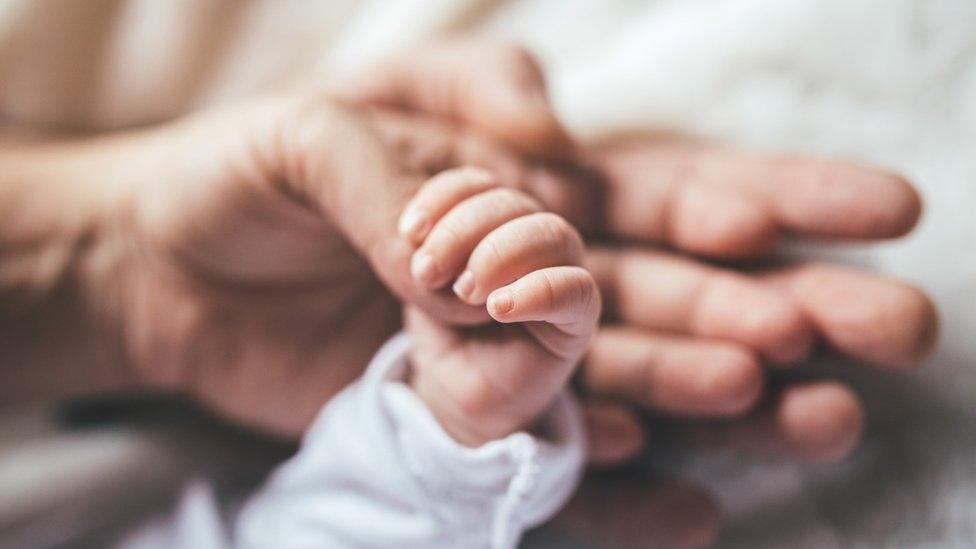
- Published30 June 2020

- Published30 June 2020

- Published29 November 2019
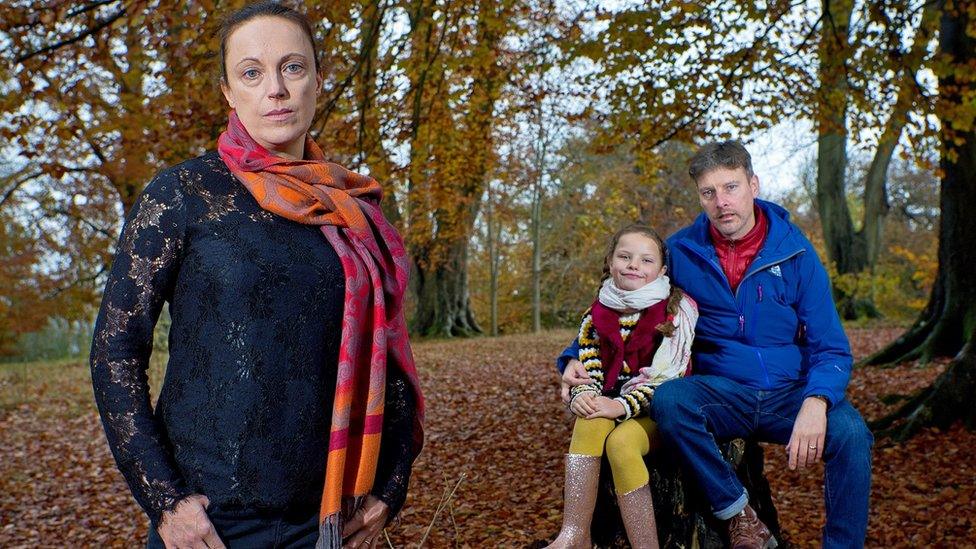
- Published19 November 2019
